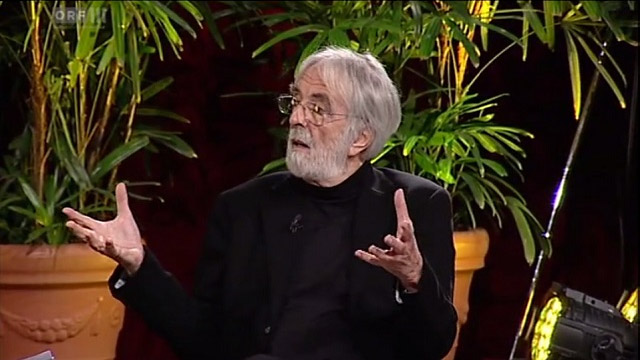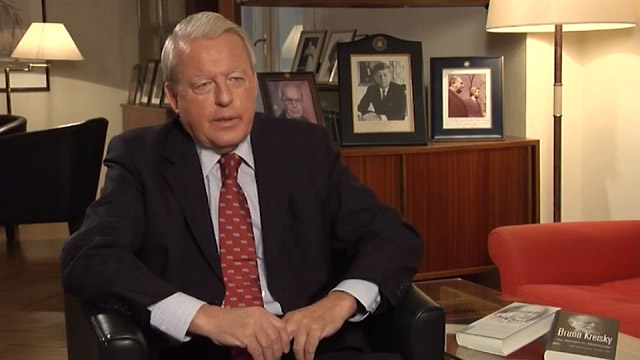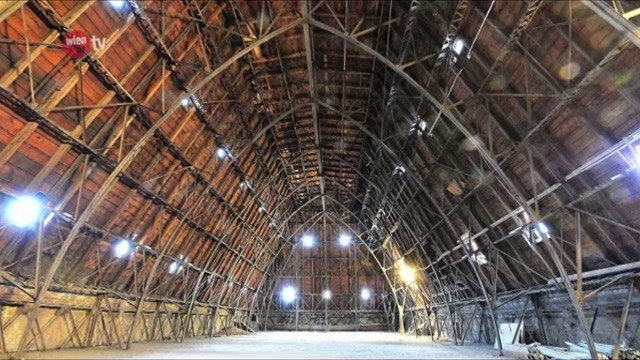Mitschrift
Vienna is a Productive-City: a place not only of consumption, but where many things are produced.
The productive sector creates work for 300.000 people accounting for one third of Vienna’s economic output: manufacturing goods, working on energy and the environment, in urban-logistics, and in skilled traditional and high-tech craftwork.
Productive activities need spaces that are sufficient in size and appropriate in character: Vienna ensures this with its Productive City Thematic Concept.
Industrial-Commercial Zones are robust places for work easily accessible, affordable, with all necessary facilities and enough separation from housing and retail.
These qualities are safeguarded by strategic neighbourhood management.
In newly introduced Mixed-Use Productive-Zones the productive sector, together with the research, service, and cultural sectors, will transform older industrial sites into mixed-use city quarters that are centrally located and connected to public transport: Spaces of production that also include places to live.
Many small-scale sites of production can be found throughout Vienna.
Space for craft and commercial endeavours, whether in operation for generations or newly founded, will be maintained and further developed as part of the urban fabric.
Future urban expansion projects will enable new areas of production with an optimal transportation link to the central city. Vienna is preserving 5% of its territory for the productive sector.
Existing areas will be optimized and new building plots opened up: In total 300 hectares for a thriving productive economy.
Vienna provides favourable conditions for established businesses, as well as for the many new forms of urban production: It’s how we make a Productive-City!
Archiv-Video vom 11.03.2019:
Bitte beachten Sie, dass die Inhalte (Termine, Kontaktmöglichkeiten,...) möglicherweise nicht mehr aktuell sind.
Productive City
Sufficient industrial space is a decisive factor for enterprises. Because of urban growth and economic changes a loss of areas for local businesses and industrial enterprises occurs. To be able to control this trend the Economic Chamber of Vienna and the Federation of Viennese Industries have developed the thematic concept "Productive City". Its goal is to secure approximately five percent of the overall space of Vienna as industrial areas.
Länge: 1 Min. 46 Sek.
Produktionsdatum: 2017
Copyright: Municipal Department 18 - Urban Development and Planning
















